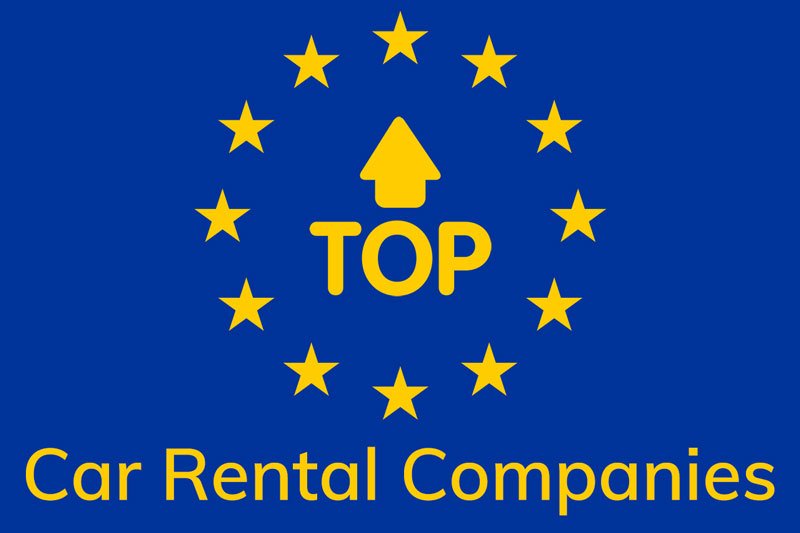What’s the difference between Full/Full, Prepaid (Partial refund) or Full/Empty?
It is easier to understand than it seems: each company establishes different conditions on the amount of fuel with which a vehicle is delivered and returned, and these conditions are called “fuel policy”. The fuel policy must be compulsorily reflected in the terms and conditions of the rental agreement that you sign when picking up the car.
The fuel policy is the condition that each company establishes on the amount of fuel with which a vehicle is delivered and returned.
There are three definitions that you must know before:
The Refueling Fee
It’s the money the company charges you for taking the trouble to fill your fuel tank. It is a service fee, not for the fuel. And each company establishes how much it charges for it. To give you an idea, around 30€ to 50€.
The refueling fee is the money you are charged for taking the fuel tank.
The Penalty
It’s like the refueling rate, but with punishment. It is the money you will be charged for not delivering the car with the amount of fuel described in your fuel policy. It is usually somewhat more expensive than the refueling fee. In case of infringement, each company decides whether to charge one or the other.
The Credit Card Hold
Most companies will lock an amount on your credit card. This amount – “the deposit” – corresponds to the amount that you would have to pay to refuel the vehicle’s deposit, plus the refueling fee. They do this to make sure they can recover the fuel expense in case they do not meet the stipulated conditions.
The “deposit” is the amount that they block in your account in case you do not return the fuel as stipulated in your contract.
What are the most used options by car rental companies?
The options most used by car rental companies are the following:
Full/Full
It means that you pick up the car with the full tank, and you have to return it full. They will block an amount on your credit card. In case you do not return the full tank, the fuel difference will be withdrawn from your account, plus the refueling fee.
Prepaid (partial refund)
Also called QRS, “quick return service”. You pick up the car with the full tank, and return it as you wish. When picking up the car you will have to pay the amount of the fuel, plus a fee for the refueling service. In case you are overcharged, you will be returned the proportional part of the unused fuel, but they will not refund the refueling fee.
Full/Empty
You pick up the car with the full tank, and you have to return it empty. When you pick up the car you pay the fuel amount, plus the refueling fee. It is best to return it as empty as possible because if you have fuel left over, they will not return anything.
Some FAQs about the refueling options.
What happens to the deposit money locked on my credit card?
The deposit money is withheld, but it does not disappear from your account. They do not take it from you, but you can not use it. When returning the car, the rental company will check the fuel level in the tank. If it was not the one stipulated in the contract, then they would withdraw the corresponding part of your credit card.
How do you calculate the fuel left in the tank?
Unemployed fuel is calculated based on the deposit of the car’s fuel gauge. The price to be paid is calculated according to the market price of that day’s fuel.
Does it cost more than at the gas station?
Yes. Although in theory the fuel is charged according to the market prices of that day, as the prices vary a lot, it usually costs a little more. Also, if it is the company that has to refuel, you will be charged the refueling service fee.
Do they always set the same fuel policies?
No, not always. If you rent for less than three days, the company could apply a different policy.
What do you recommend to me?
We recommend the FULL/FULL option.
We recommend that you choose, when you can, the FULL/FULL policy: you save the refueling fee, and filling the fuel tank will be cheaper.



















